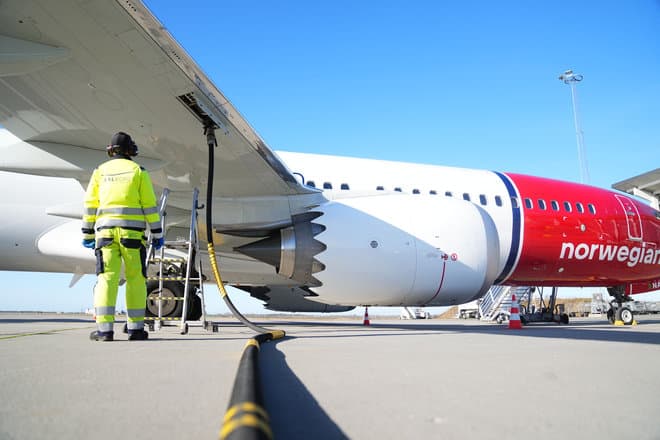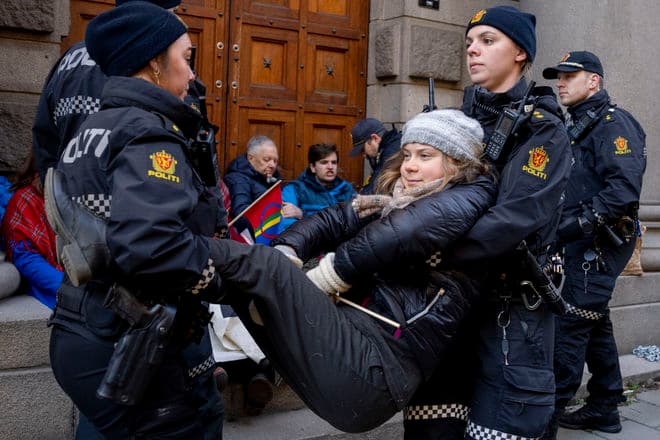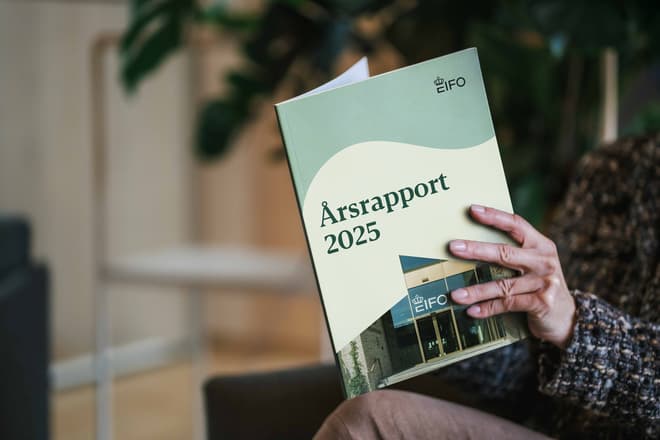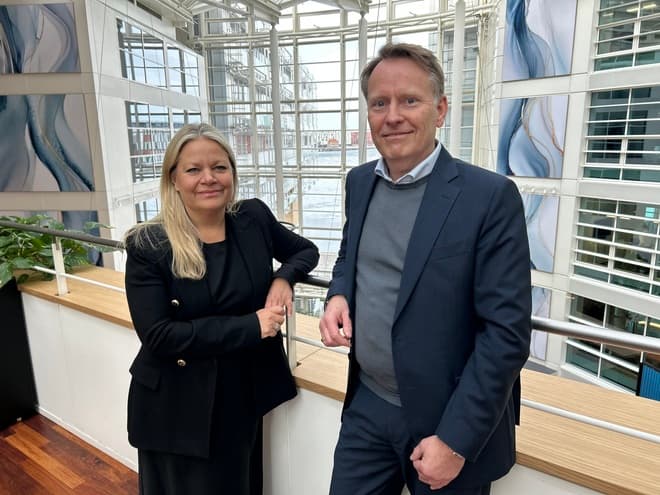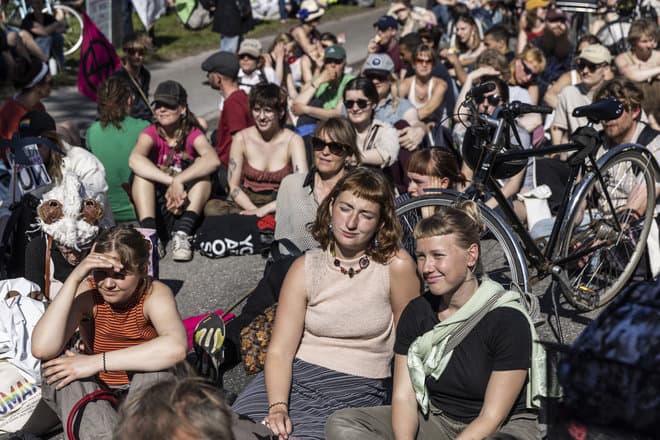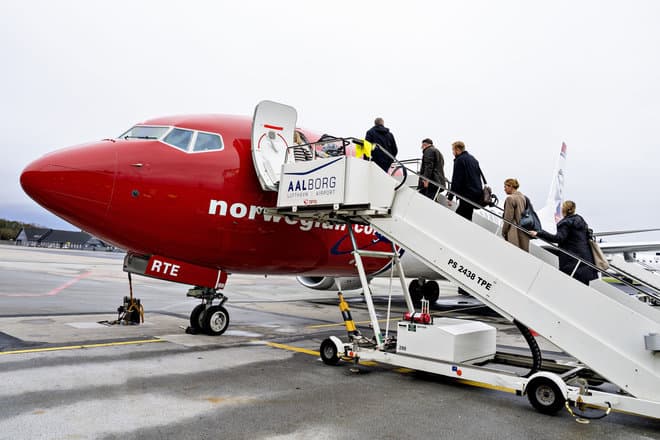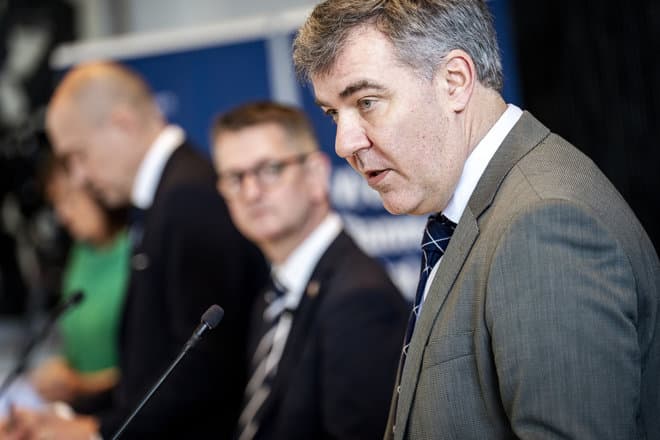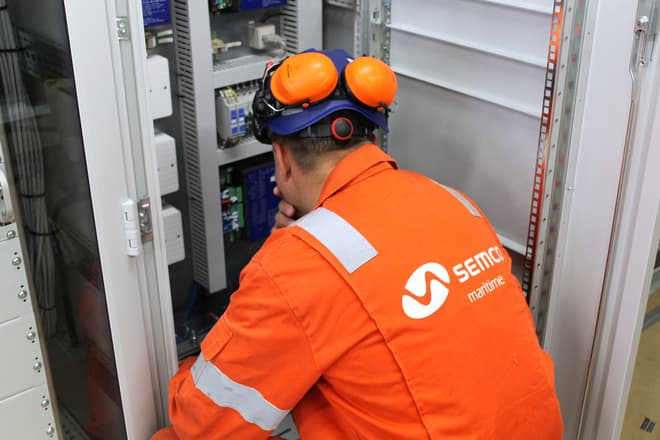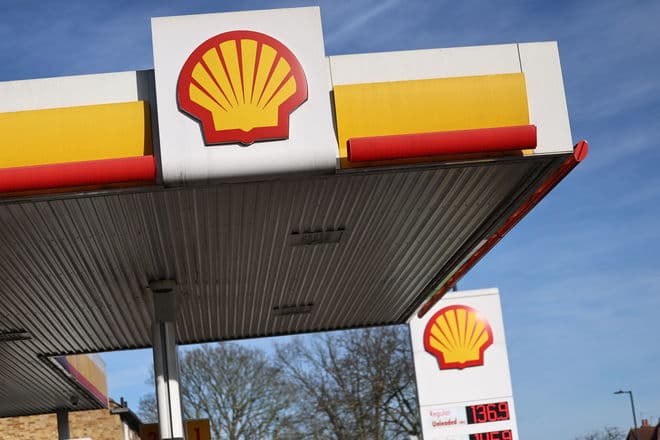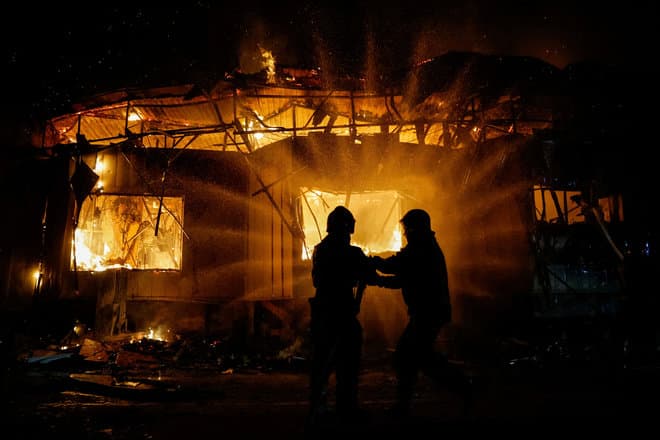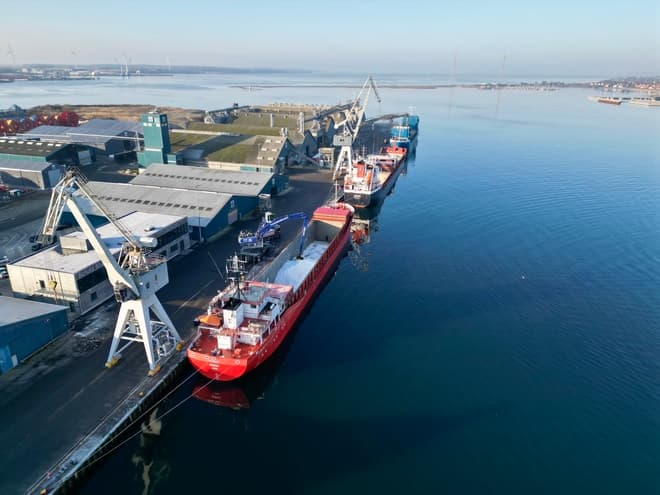At the EU level, according to Minister of Energy and Utilities Dan Jørgensen (S), work is underway on how EU countries can best help Poland and Bulgaria, which lost access to Russian gas yesterday. In addition, they are looking at what the European side will do if other countries run into the same gas shortage from Russia.
- It is not certain that this is the end of it. Similar situations may arise in other countries, all the while all countries have said that they will not accept the demands made by Russia. I only think that Hungary is not completely firm in its resolve. That is why we are preparing what we will do in the event that there is an expansion of the policy that Putin started yesterday, says Dan Jørgensen.
Since Russia invaded Ukraine, the EU and other Western countries have imposed sanctions against Russia. Initially, the Russians responded with a demand that payments for gas should be made in the Russian currency, rubles, and in a specific bank.
A demand that has been largely rejected by European buyers. For example, the Danish Ørsted has refused to change the terms of payment. According to the American business media Bloomberg, four European buyers of gas have paid in rubles as required. The deadline for the next group of payments is in mid-May. It is unknown what will happen here.
Initially, the Danish government, under the auspices of the EU, will contribute to helping Bulgaria and Poland soften the blow from the lack of Russian gas.
- Bulgaria is probably more exposed. It is the Danish government's position that we should help as well as we possibly can, says Dan Jørgensen.
Exactly how this will happen must now be clarified at the European level.
- The European gas system is interconnected. That is why it is important that we have a coordinated approach, says the minister.
Ritzau
Text, graphics, images, sound, and other content on this website are protected under copyright law. DK Medier reserves all rights to the content, including the right to exploit the content for the purpose of text and data mining, cf. Section 11b of the Copyright Act and Article 4 of the DSM Directive.
Customers with IP agreements/major customer agreements may only share Danish Offshore Industry articles internally for the purpose of handling specific cases. Sharing in connection with specific cases refers to journaling, archiving, or similar uses.
Customers with a personal subscription/login may not share Danish Offshore Industry articles with individuals who do not themselves have a personal subscription to Danish Offshore Industry.
Any deviation from the above requires written consent from DK Medier.

